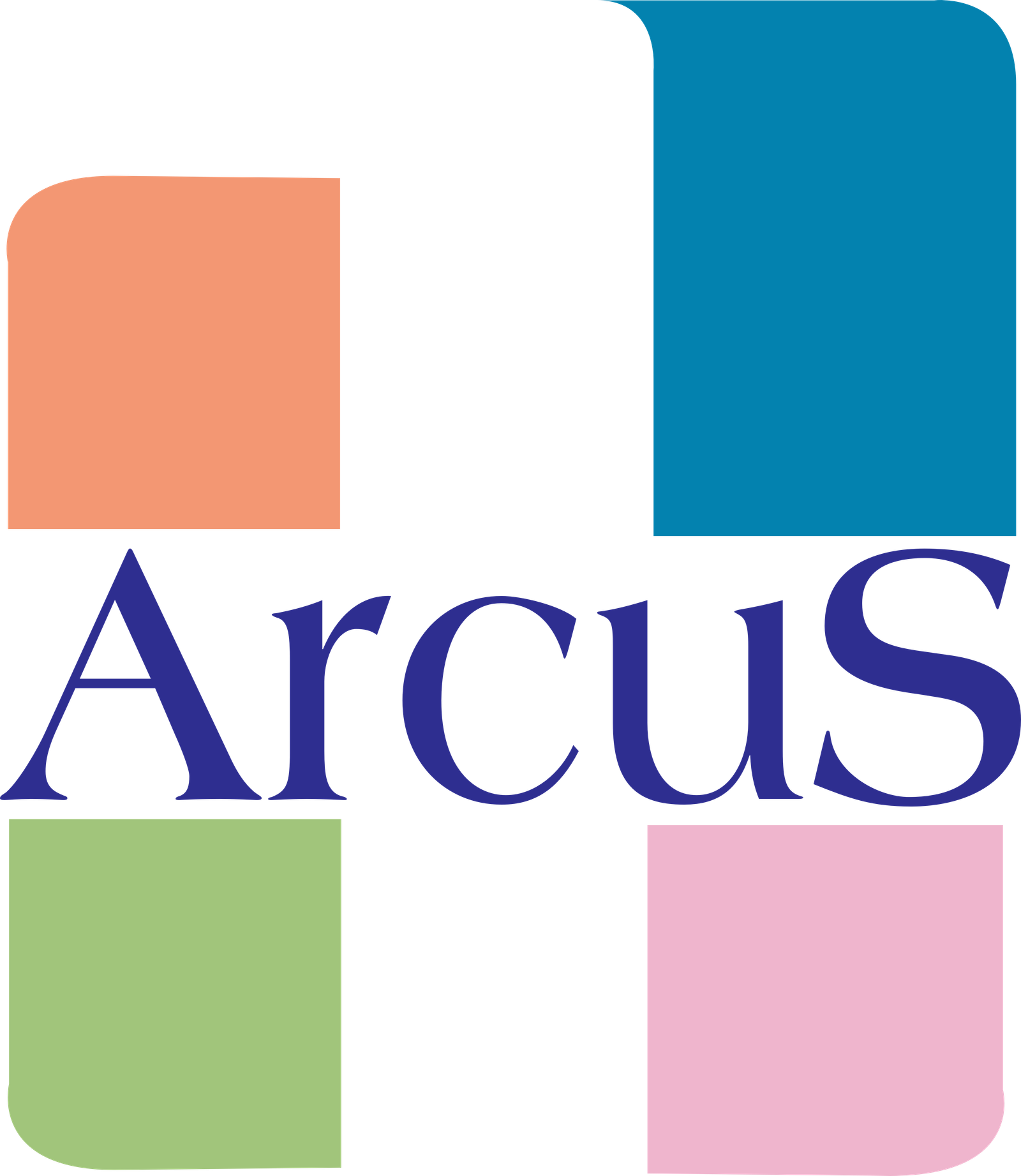Learning Disability Diagnosis & Management
Learning disabilities (LD) are neurological conditions that affect the brain’s ability to receive, process, store, and respond to information. They can significantly impact a child’s academic performance and daily life. Understanding the diagnosis and management of learning disabilities is crucial for providing appropriate support and interventions.
Diagnosing and managing learning disabilities requires a comprehensive, multidisciplinary approach tailored to the individual needs of the child. Early intervention, appropriate educational strategies, and continuous support from parents, educators, and professionals are essential in helping children with learning disabilities achieve their full potential.

1. Identification and Referral
- Observation: Teachers and parents may notice signs such as difficulties in reading, writing, math, attention, or memory.
- Referral: A formal evaluation is often initiated through referrals from educators or healthcare providers.
2. Comprehensive Evaluation
- History and Background: Gathering detailed medical, developmental, educational, and family history.
- Psychological Assessment: Standardized tests conducted by psychologists to assess intellectual functioning (IQ) and academic achievement.
- Educational Testing: Specific tests to determine the student’s academic skills and identify areas of weakness.
- Behavioral Assessments: Evaluations to rule out behavioral or emotional issues that might be impacting learning.
3. Multidisciplinary Team Approach
- A team comprising psychologists, special education professionals, speech-language pathologists, and medical professionals collaborate to diagnose and develop a comprehensive understanding of the child’s needs.
4.Diagnosis Criteria
- Based on the DSM-5 (Diagnostic and Statistical Manual of Mental Disorders), learning disabilities are categorized under Specific Learning Disorders (SLD), with impairments in reading (dyslexia), written expression (dysgraphia), and mathematics (dyscalculia).
